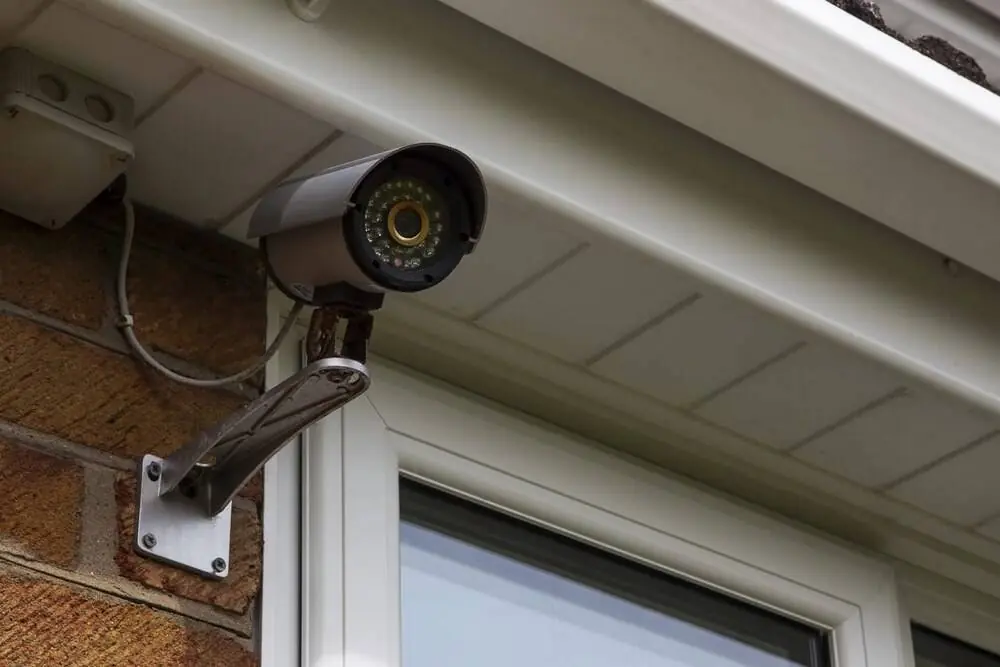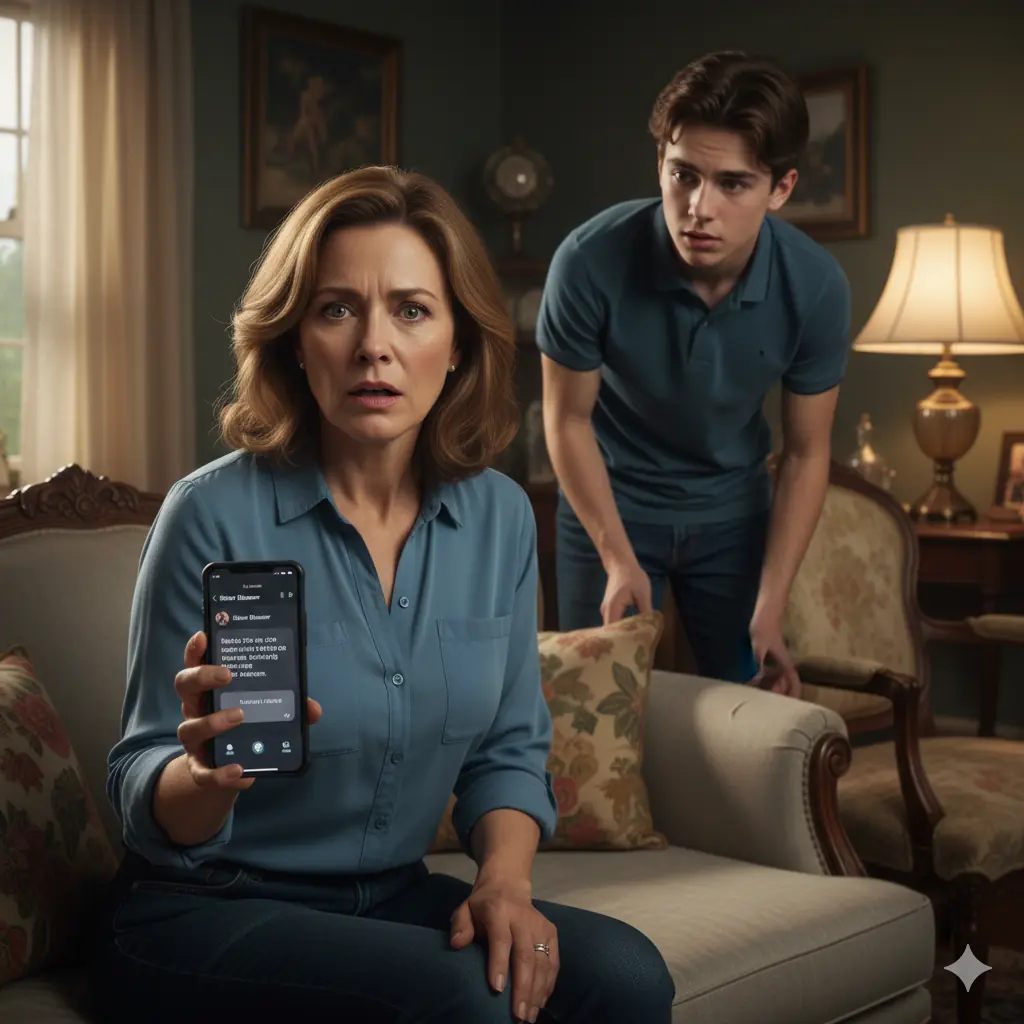
The fiancé walked in with his parents—and I discovered they were his first family’s enemy.
When Daniel asked me to meet his parents, I felt a mix of nerves and excitement. We’d been together for almost three years, and meeting his family felt like the next natural step toward our future. He always spoke fondly of them—his mother, a graceful woman who ran a small art gallery, and his father, a retired architect known for his charm. To me, they sounded warm and sophisticated, the kind of family who would welcome me with open arms.
That morning, I spent extra time choosing my outfit, wanting to make a good impression. As we drove to their countryside home, Daniel held my hand, reassuring me that everything would be fine. “They’re going to love you,” he said. But as soon as we stepped through the door, something in the air shifted.
His mother’s smile faltered the moment she heard my last name. “Nguyen?” she repeated softly, as if the word itself brought back a memory she’d rather forget. His father froze mid-handshake. The atmosphere, once light, grew heavy.
I tried to brush it off as awkwardness, but the tension lingered. They were polite, but distant. Questions about my family were brief and cold. Every time I mentioned my parents or grandparents, Daniel’s father would exchange glances with his wife, as though my words reopened an old wound.
At dinner, Daniel excused himself to take a call, leaving me alone with his parents. That’s when his mother set down her wine glass and said, “I suppose you don’t know, do you?”
I frowned. “Know what?”
She sighed. “Your grandfather and my husband’s father were business rivals. The Nguyen family and the Taylors spent years fighting over land and contracts. There were lawsuits, accusations—ruined reputations. It ended badly. Our families haven’t spoken since.”
The room fell silent. I could hear my own heartbeat. I remembered stories my parents used to tell—how my grandfather lost his company because of “a betrayal” from a partner. I never knew that partner’s name. Until now.
When Daniel returned, he noticed the tension immediately. “What happened?” he asked, looking between us. His mother gave him a warning look. “Nothing that can be changed now,” she said coldly. But it was too late. The truth had already cracked something between us.
On the drive home, Daniel was quiet. When I finally spoke, my voice trembled. “Did you know about our families?”
He hesitated. “I knew there was history,” he admitted. “But I didn’t think it mattered anymore.”
I looked out the window at the passing city lights, unsure what to feel—anger, sadness, or fear that love wasn’t enough to bridge the ghosts of the past.
Over the next few days, the situation grew worse. His parents refused to attend our engagement dinner. My own family, when they learned the truth, were furious. My father told me bluntly, “That family took everything from us once. You want to give them more?”
The weight of both families’ expectations crushed me. Every conversation became a negotiation between love and loyalty. I wanted to believe that we could rise above it—that the feud of another generation didn’t define who we were. But history has a way of repeating itself when pride is involved.
A week later, Daniel invited both families to a neutral place—a quiet café downtown. He wanted to end the silence. It was tense from the start. The parents barely looked at each other. Old wounds resurfaced, words were exchanged, and before I knew it, Daniel’s father stood up, his voice shaking. “We tried to destroy your family once,” he said to my father, “but it cost us everything too. Our pride, our peace. Maybe it’s time we stopped.”
The silence that followed was heavier than any argument. No one spoke, but I saw something soften in my father’s eyes. Perhaps not forgiveness, but understanding.
That night, Daniel and I sat together on his porch, watching the lights fade. “It’s strange,” I said quietly. “We thought we were writing our own story, but it turns out we’re living the sequel to theirs.”
He took my hand. “Then let’s end it differently.”
Months later, both families attended our wedding—hesitant, reserved, but present. No grand speeches, no reconciliation hugs. Just quiet acknowledgment that love had managed to cross the invisible line they drew decades ago.
Sometimes, I still feel the weight of that history. But when I see Daniel smile, I realize that what defines a family isn’t who they fought against—it’s who they choose to stand beside when the past comes knocking.
Love didn’t erase the old feud. It simply refused to let it win.
News in the same category

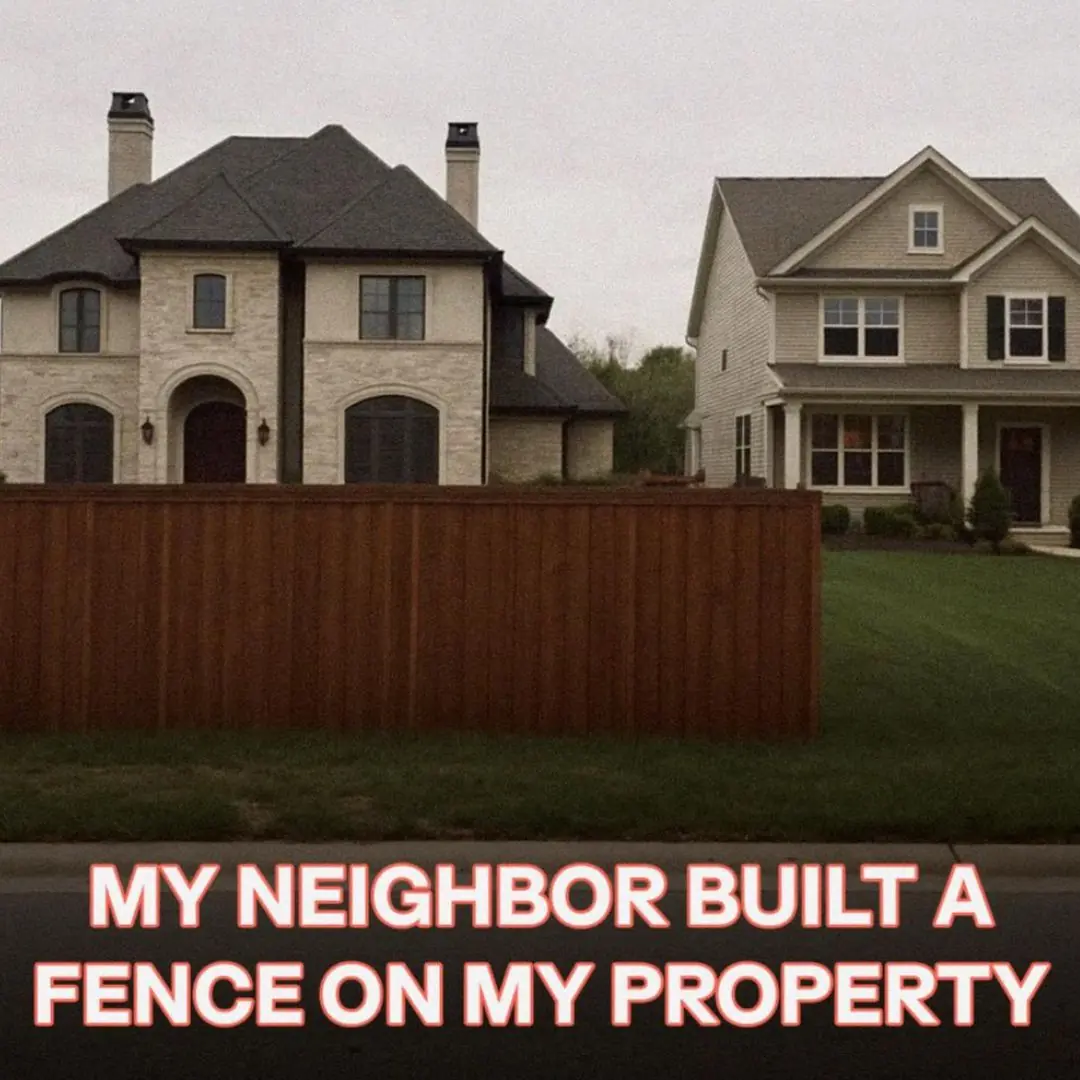
Rich Neighbor Built a Fence on My Property and Blocked My Windows While I Was on Vacation — I Taught Him a Perfect Lesson
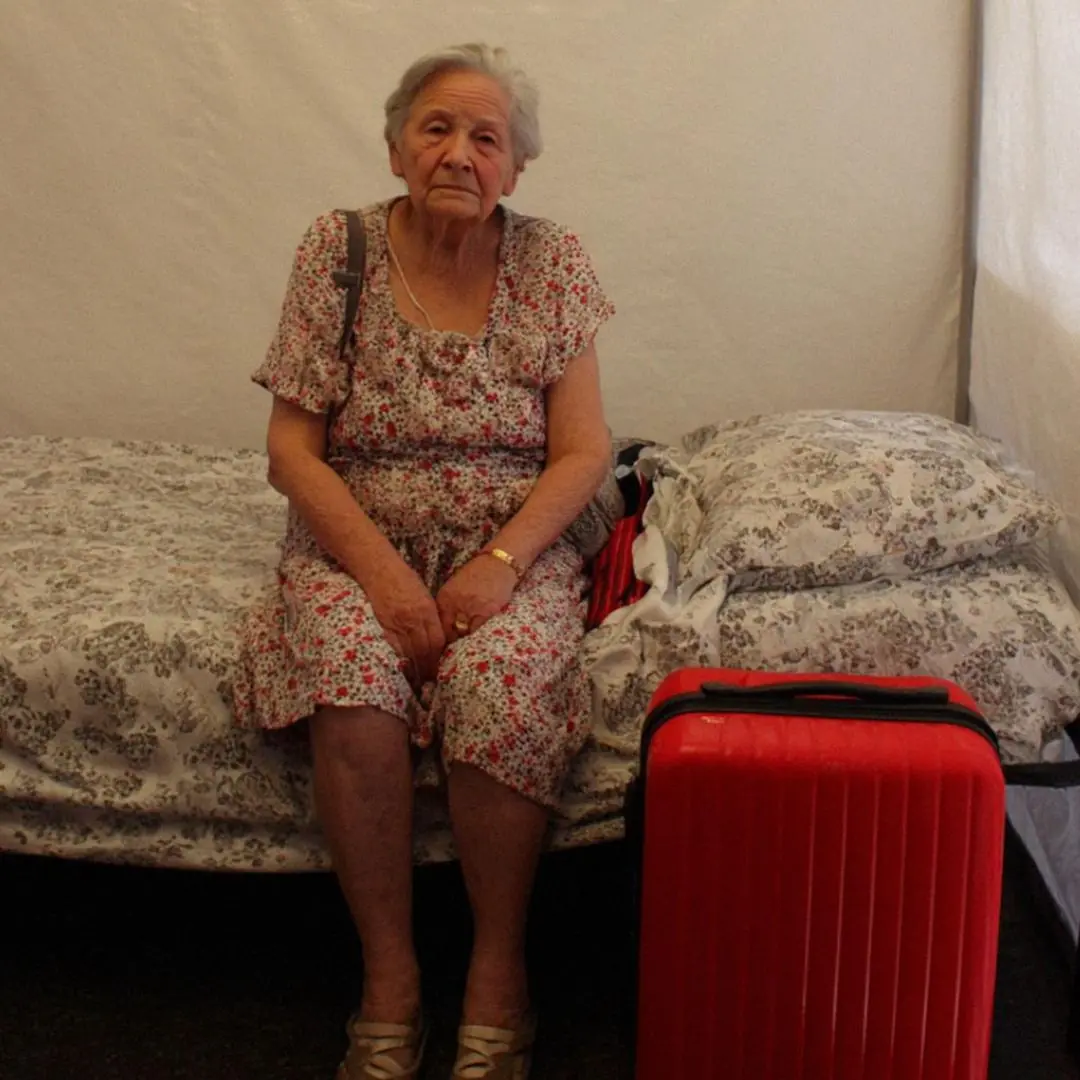
My DIL Kicked Me Into a Shelter While My Son Was Away on a Business Trip – But She Never Expected Him to Find Out

I Disguised Myself as Homeless and Walked Into a Huge Supermarket to Choose My Heir
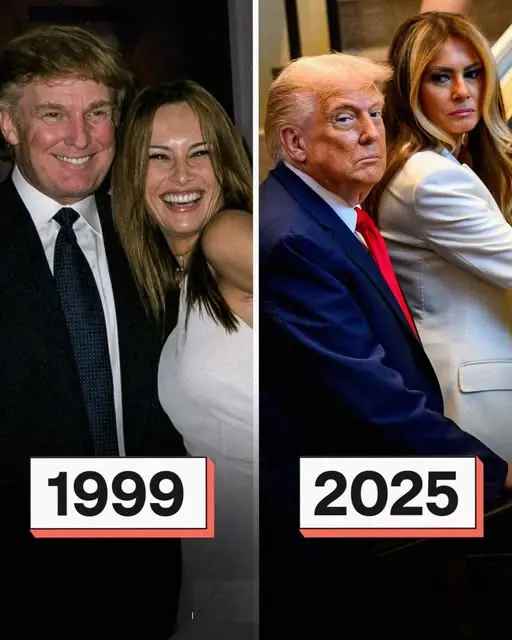
Melania Trump’s Unwavering Support: Why She Remains With Donald Despite Everything

The doctor saw a man who d.i.ed years ago lying on the operating table
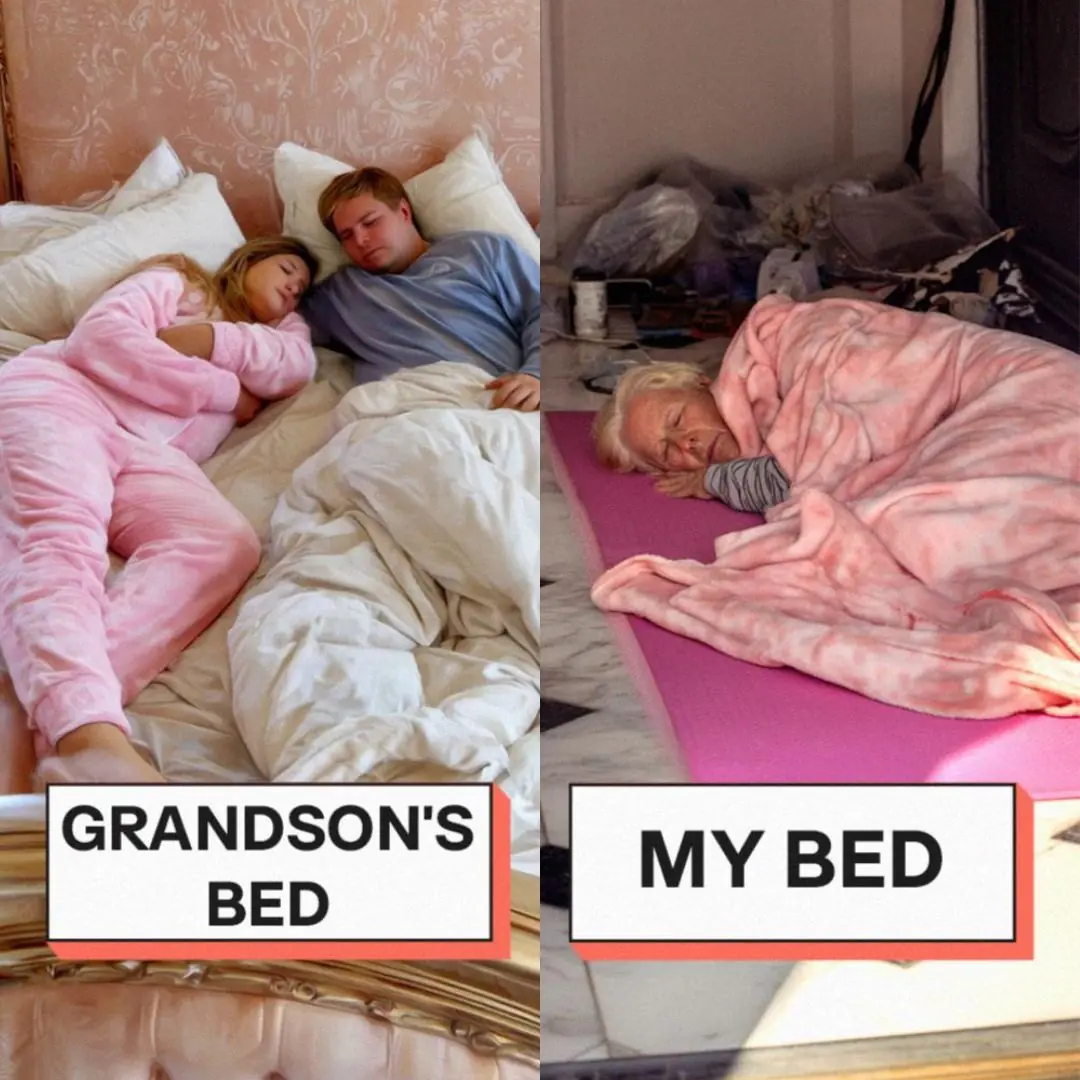
My Grandson Made Me Sleep on the Yoga Mat Not to Pay for a Hotel, Less than 24 Hours Later Karma Hit Him Back
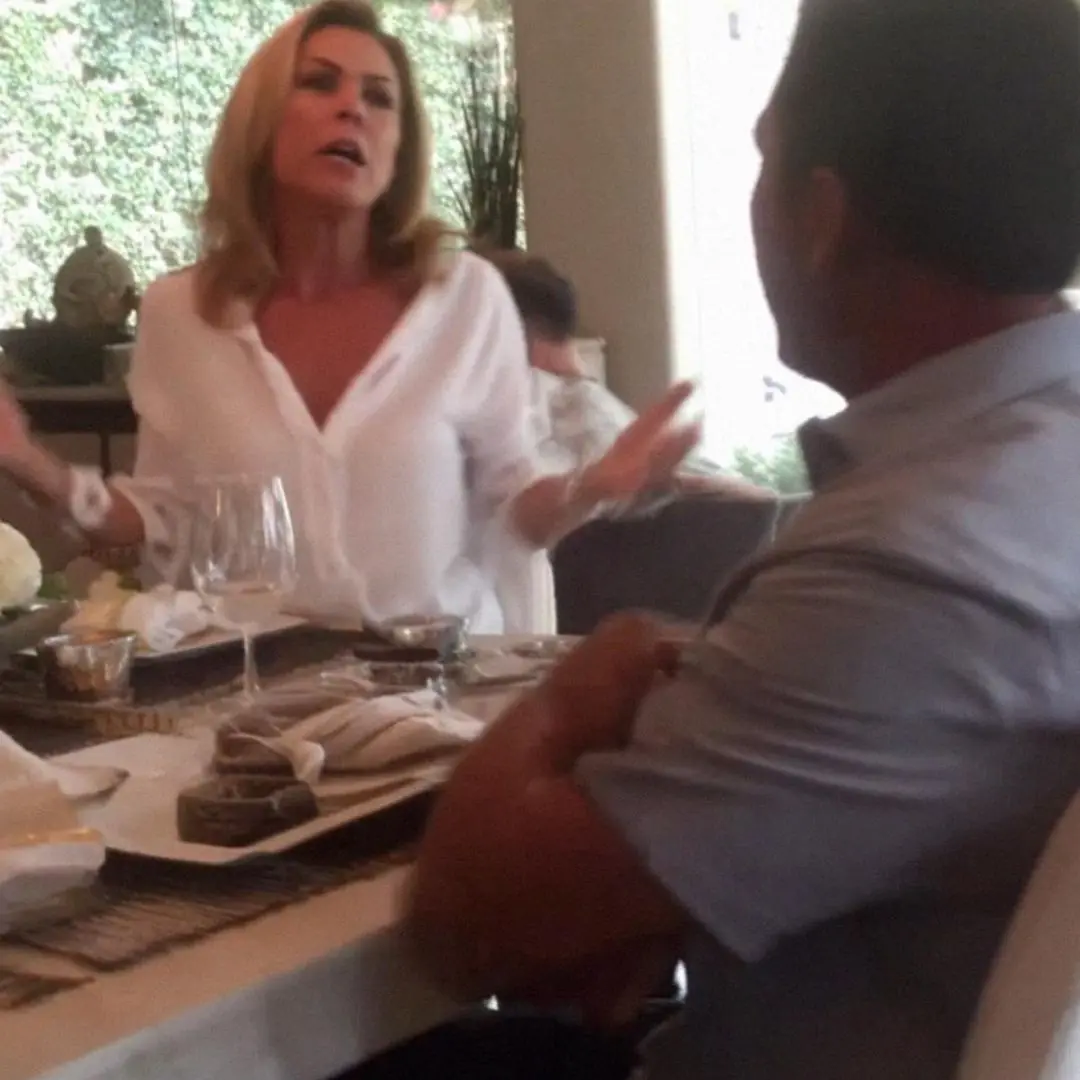
My Husband Wanted to Sell the House My Daughter Inherited to Pay for His Son's Wedding – But I Had One Condition
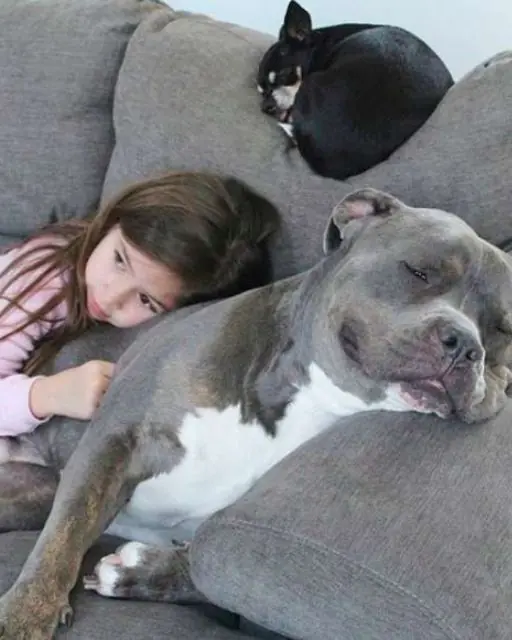
THE DOG THEY WANTED US TO PUT DOWN IS THE ONLY REASON MY DAUGHTER SLEEPS THROUGH THE NIGHT
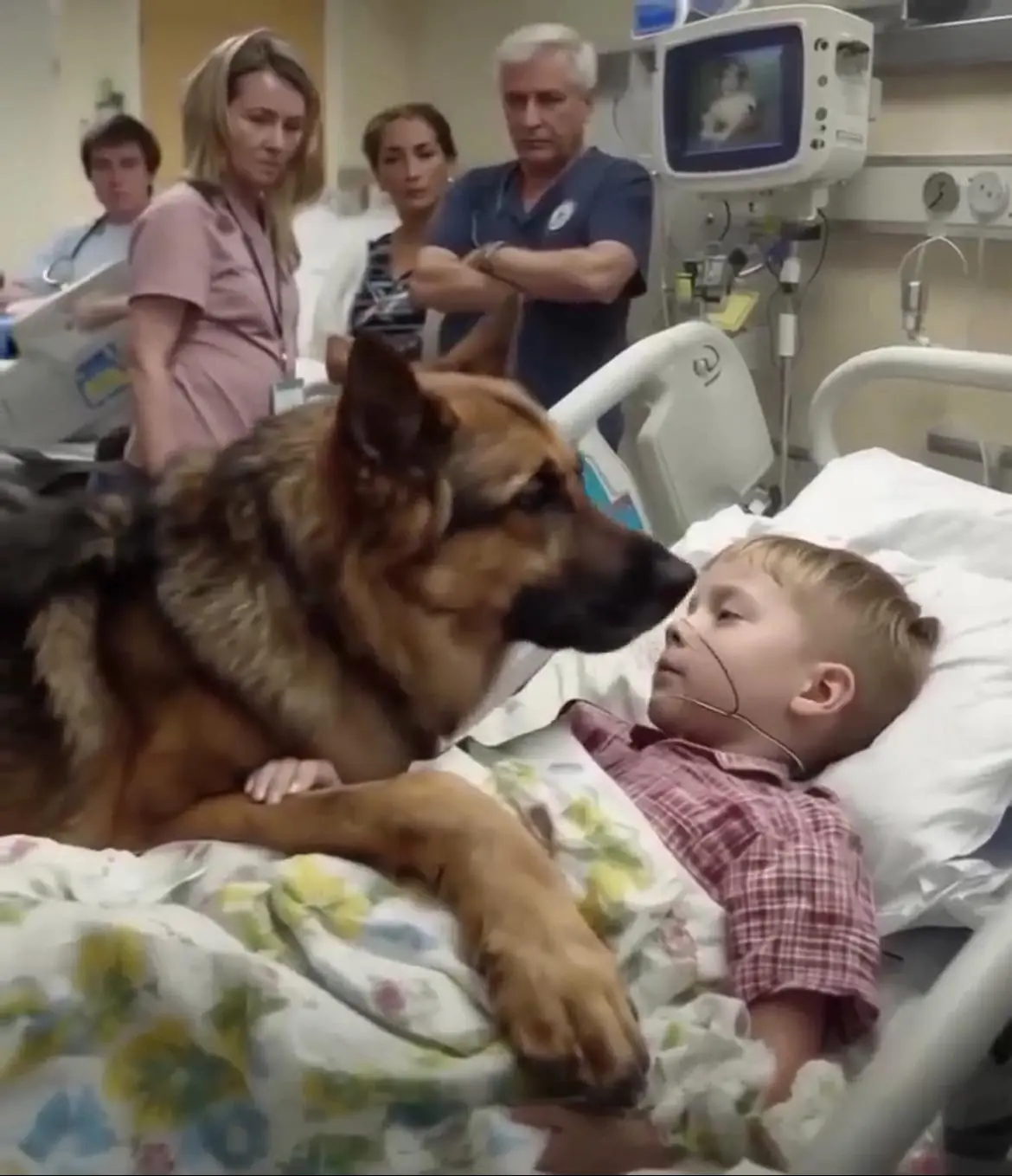
Boy shares a heartfelt hug with his dog before surgery — the outcome surprises everyone
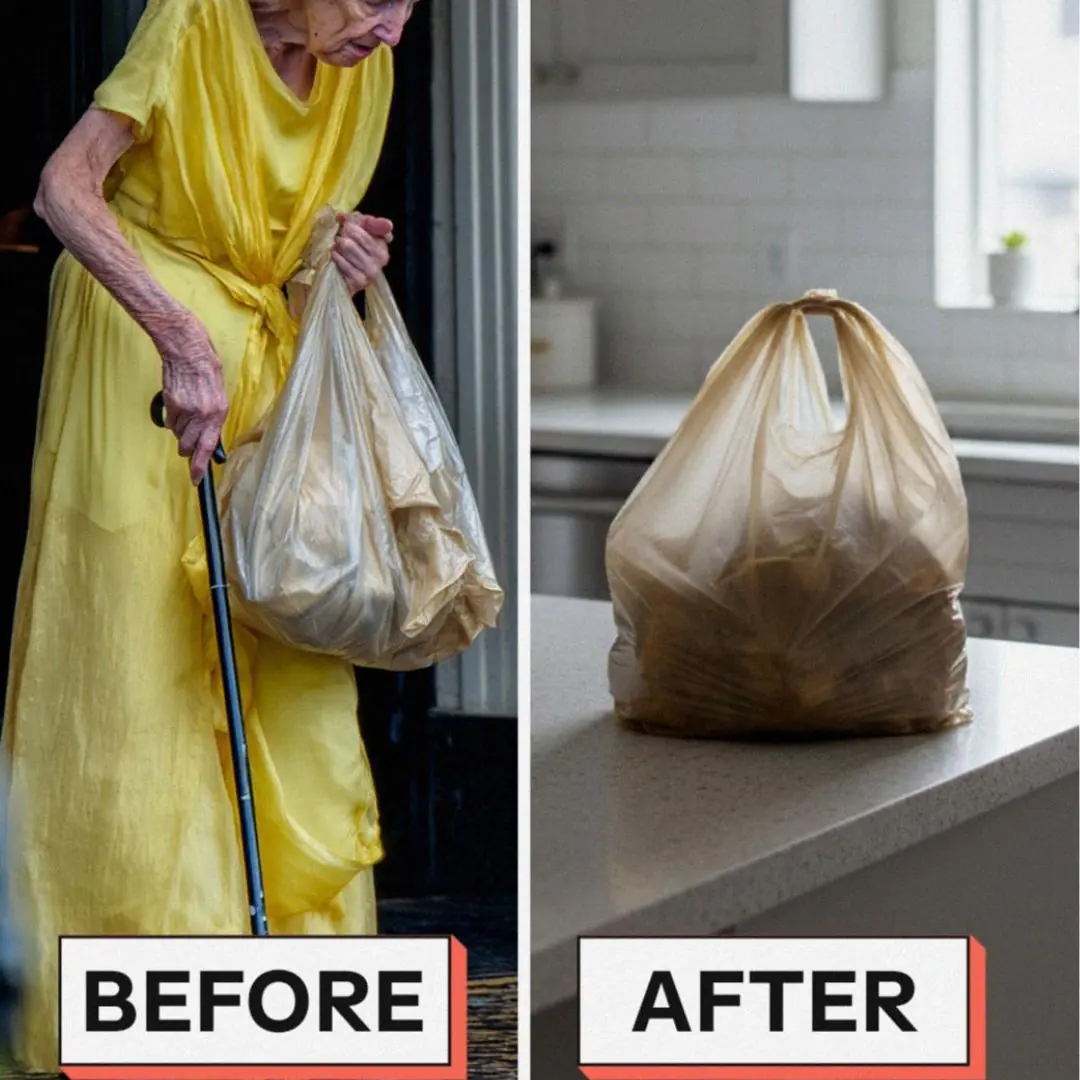
I Threw My Grandma Out of My Wedding for Bringing a Dirty Bag of Walnuts – Two Days After She Died, I Opened It and Collapsed
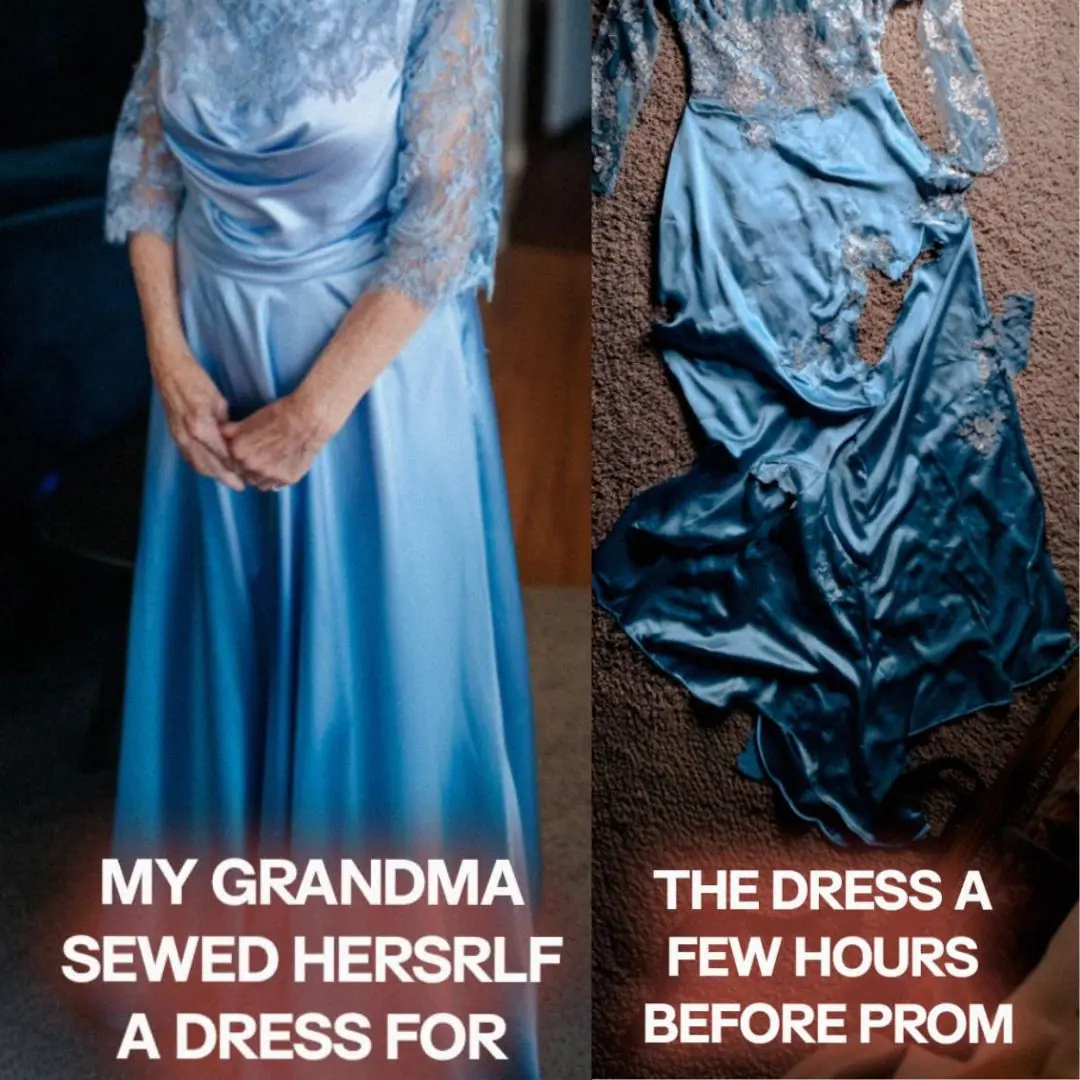
I Asked My Grandma to be My Prom Date Because She Never Went to Prom – When My Stepmom Found Out, She Did Something Unforgivable
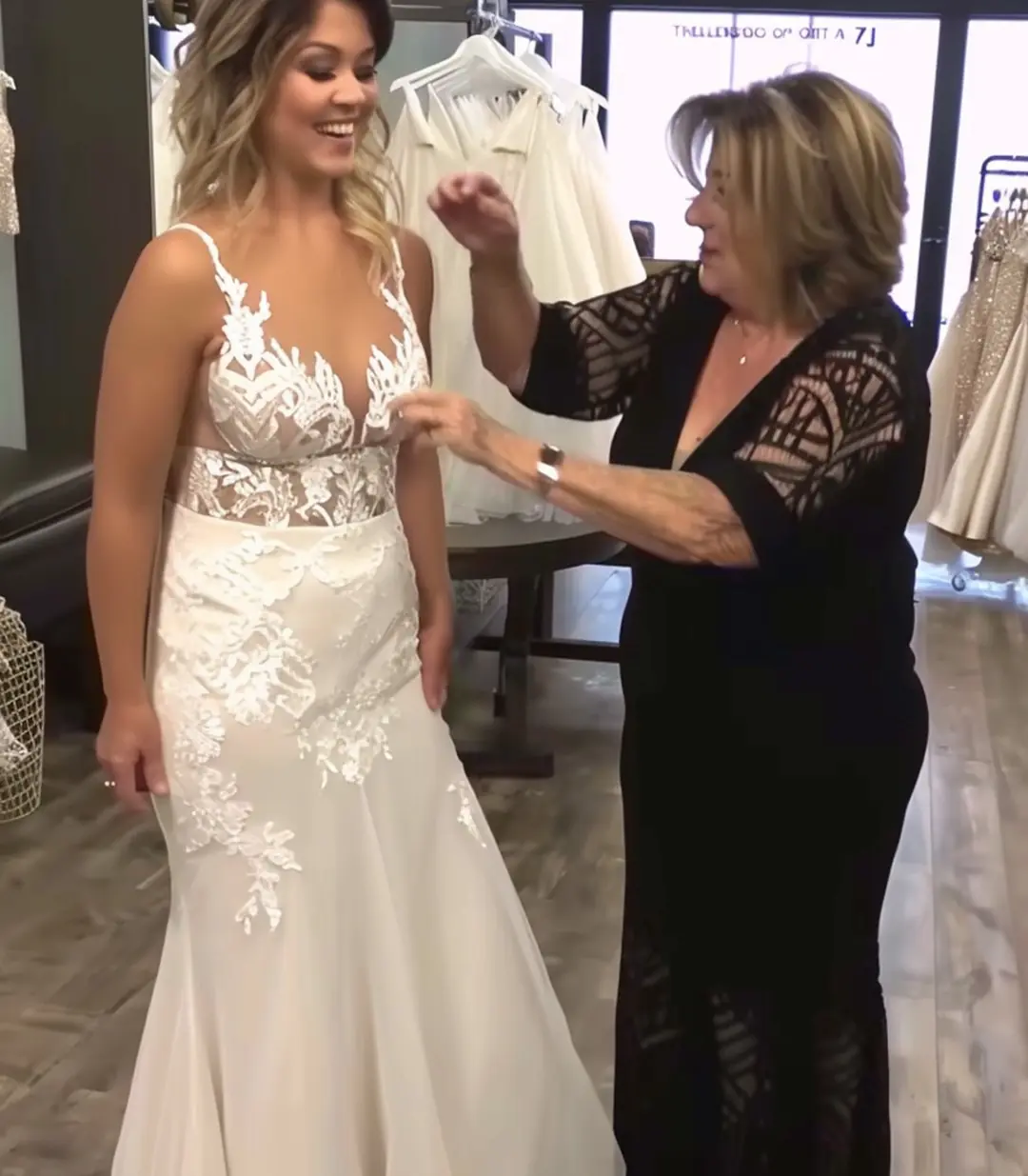
My Mother Gave My Wedding Fund to My Cousin Because ‘She’s Prettier and More Likely to Find Someone’
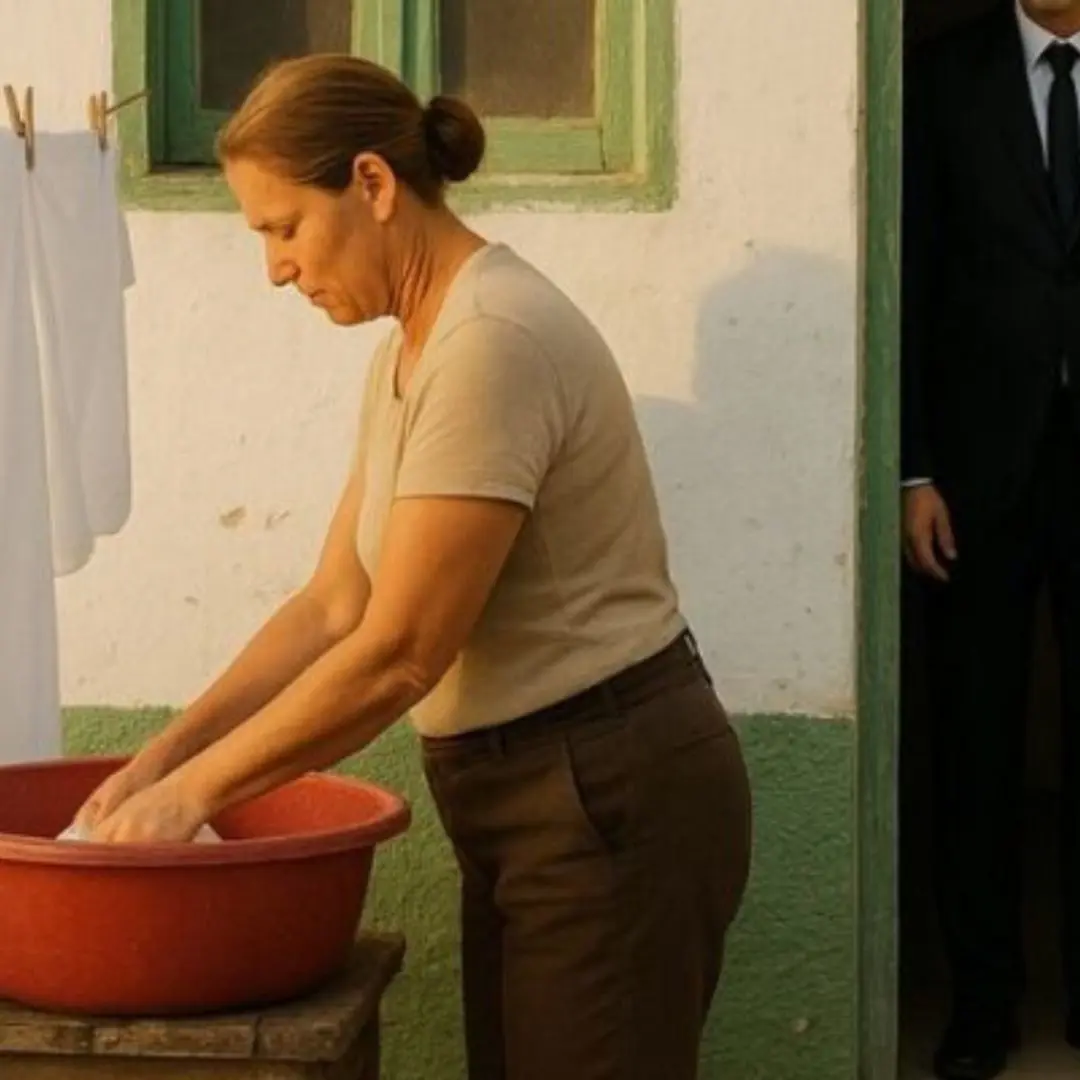
Each time the husband came home from a business trip, he’d find his wife carefully scrubbing the bedsheets. Curious one day, he hid a camera in their bedroom – only to uncover a painful truth that left him ashamed and heartbroken
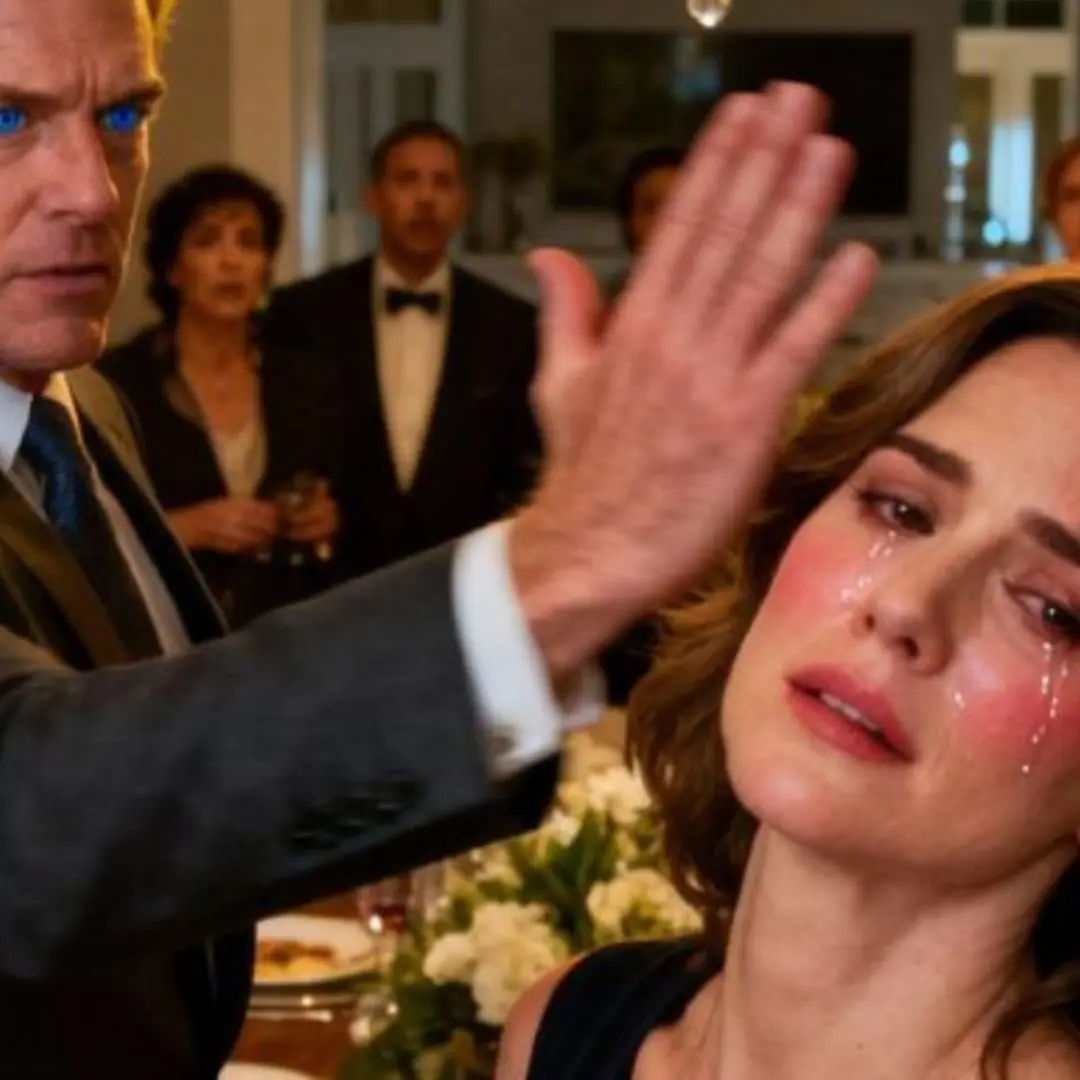
The husband slapped his wife in front of his friends to show off — but her act of revenge left everyone shocked and speechless
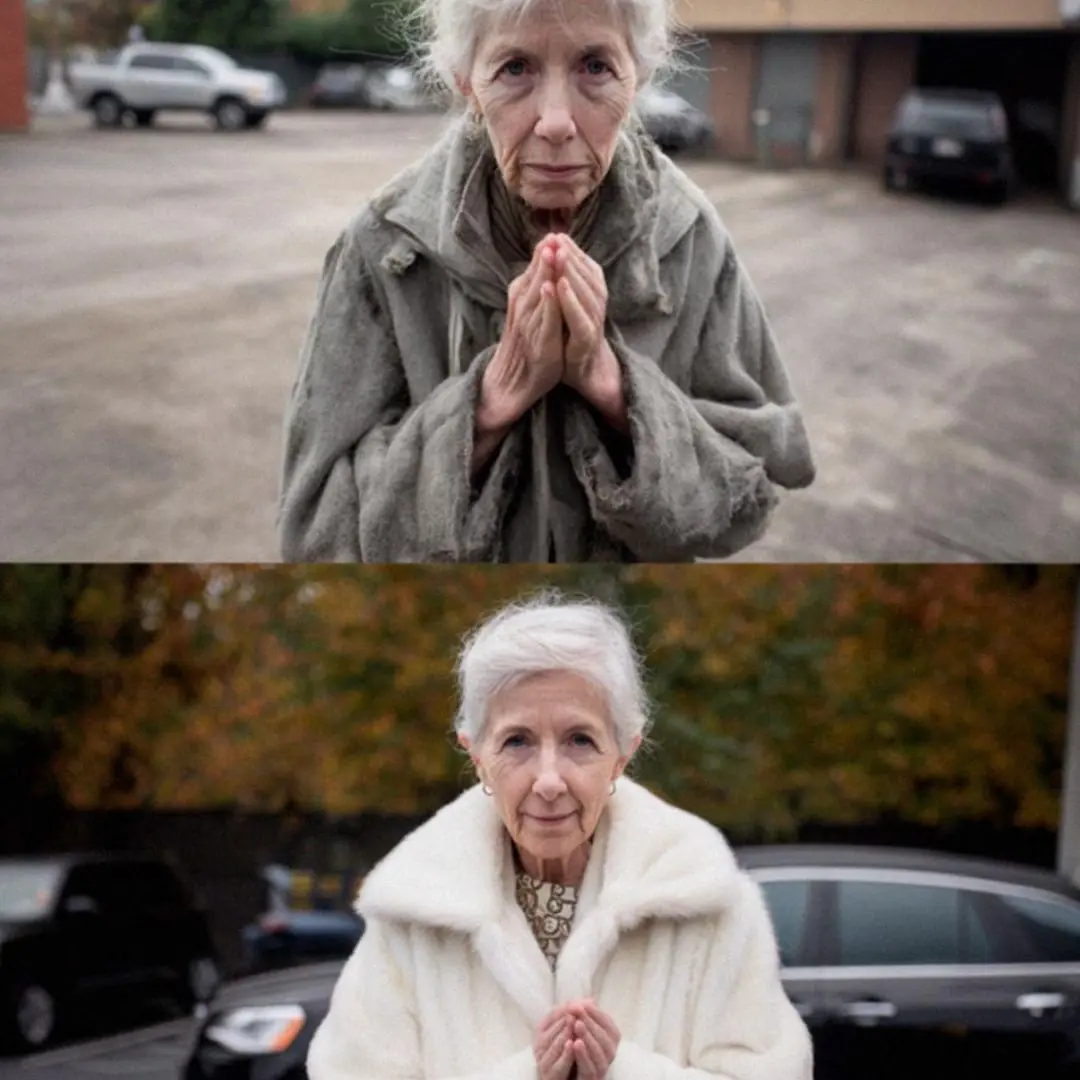
Elderly Homeless Woman Begged Me to Drive Her to Church — Three Days Later, She Knocked on My Door in a Lavish Gucci Coat

My Harley Riding Father Died Alone Because I Hated Him More Than He Loved His Bike
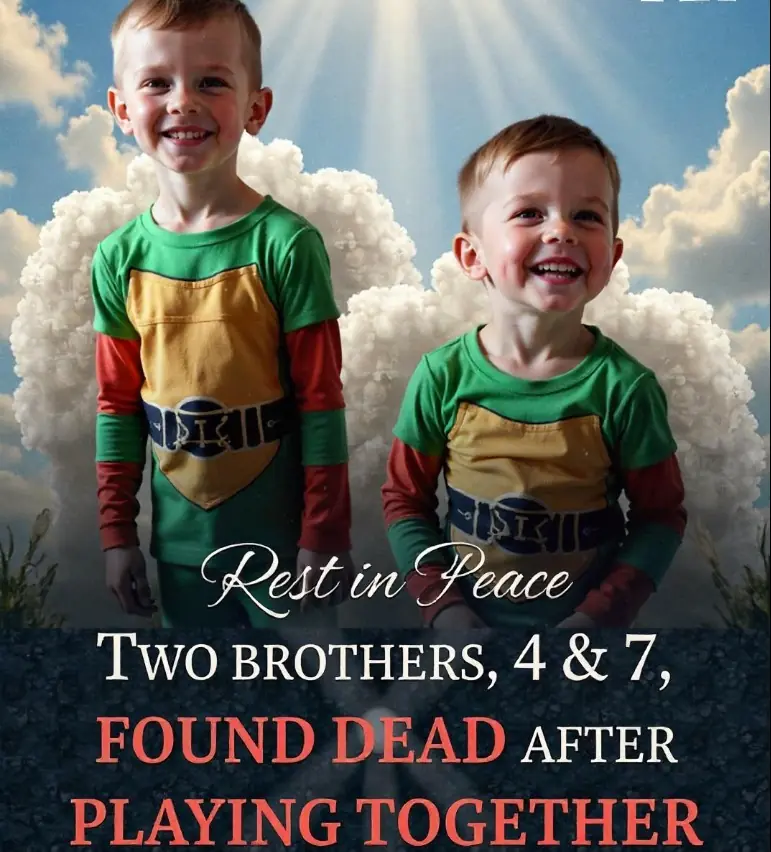
Two Brothers, 4 and 7, Found Dead after Playing Together in Johnson County — Details
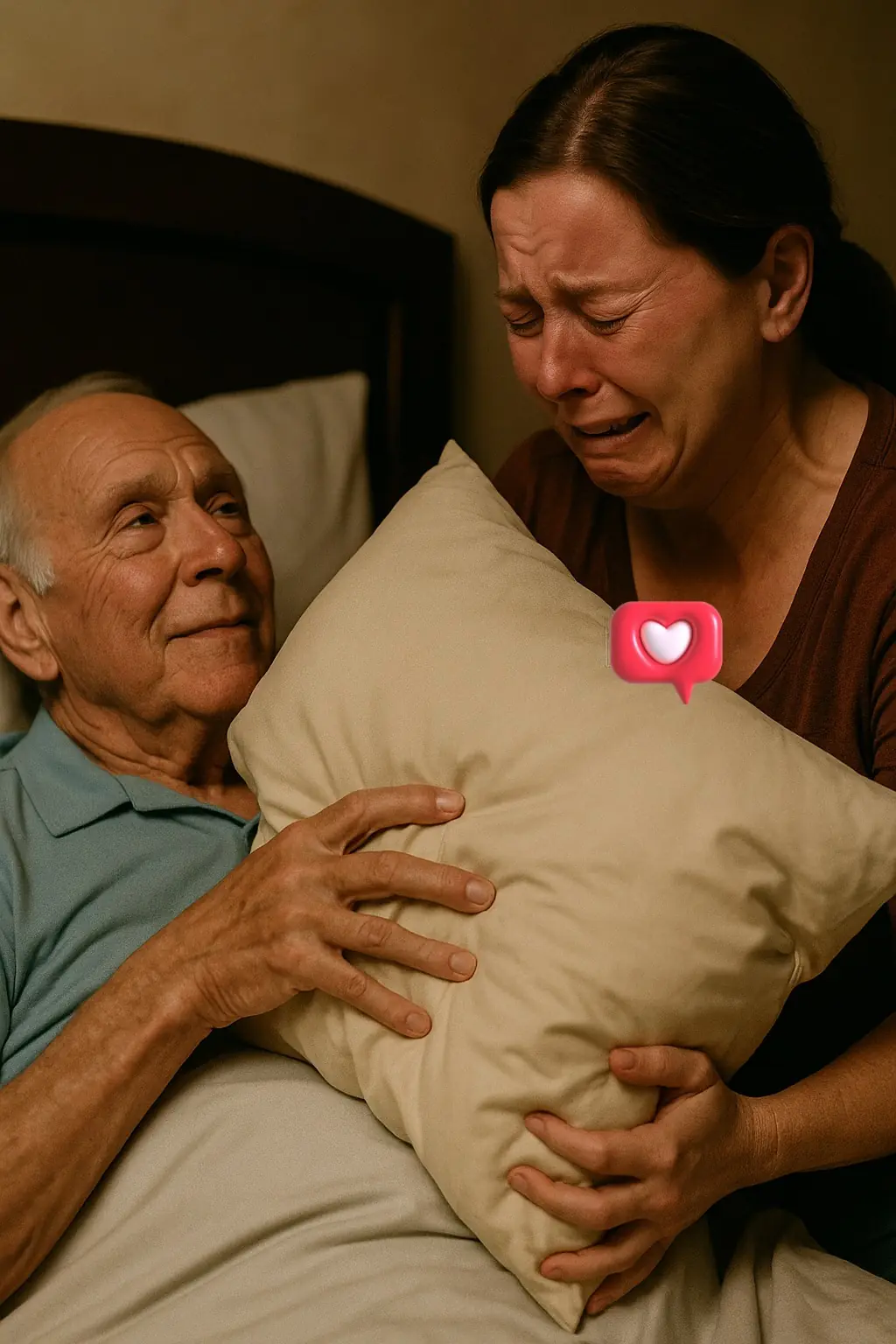
My father-in-law had no pension. I cared for him with all my heart for 12 years.
News Post

He called me for $3,700, accused my son of destroying a vintage sofa…
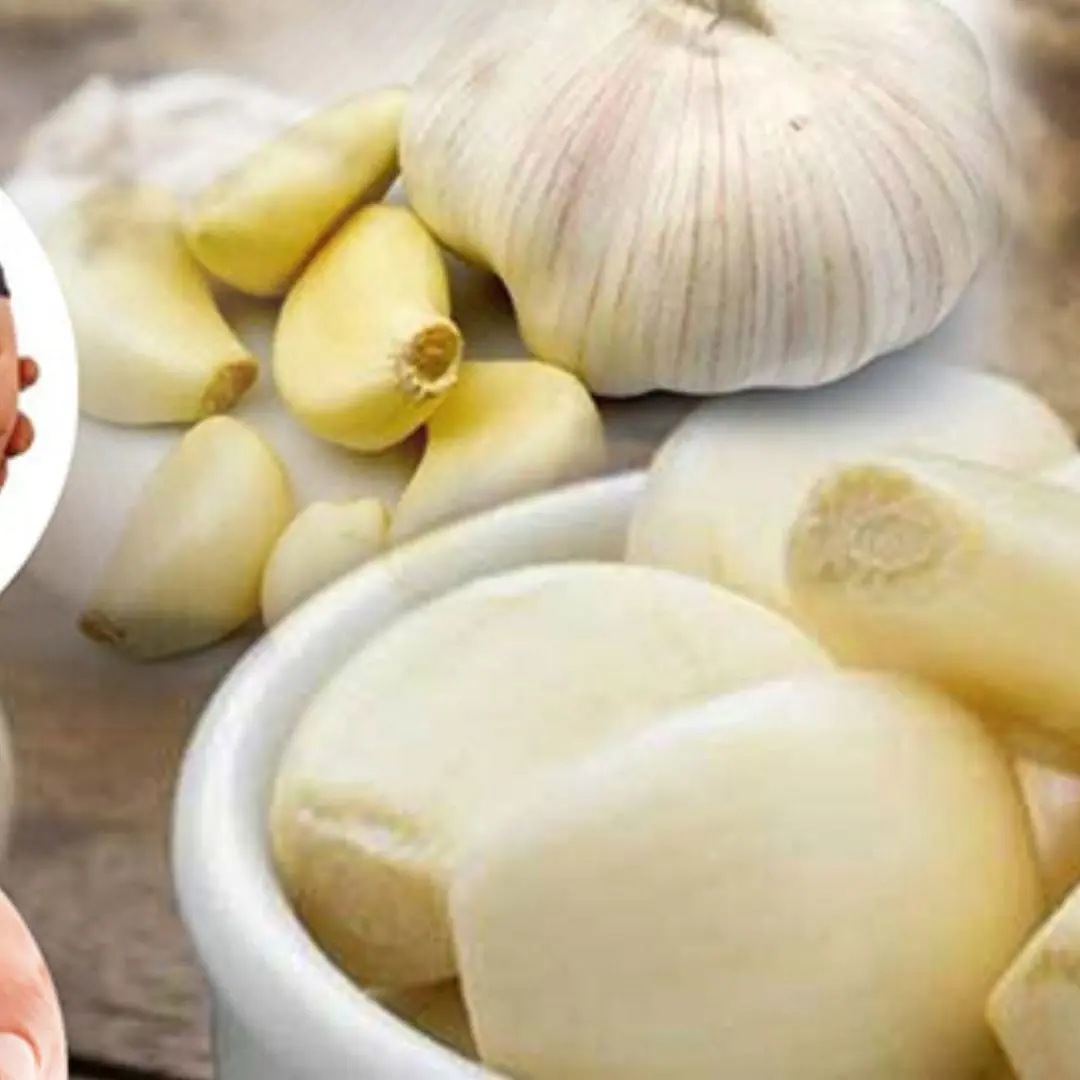
Eating garlic is very good, but for these 4 groups of people, don't touch it

Rich Neighbor Built a Fence on My Property and Blocked My Windows While I Was on Vacation — I Taught Him a Perfect Lesson

Gallstones are a common disease, affecting 8-10% of the population. Here are the symptoms and treatments

My DIL Kicked Me Into a Shelter While My Son Was Away on a Business Trip – But She Never Expected Him to Find Out

I Disguised Myself as Homeless and Walked Into a Huge Supermarket to Choose My Heir

Add One Small Step to Keep It Fresh and Sweet for a Whole Year
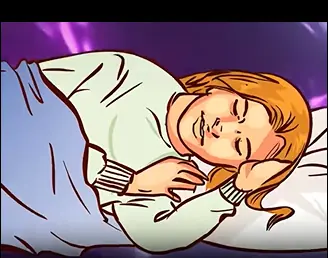
Important News for Everyone Who Loves a Daytime Nap
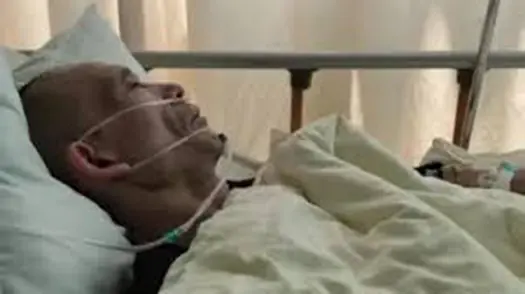
A 62-Year-Old Man Developed Col.on Can.cer Due to 3 “Har.mless” Daily Habits That Many People Have

Preventing Stroke At Any Age: 3 “Don’ts” After Meals—And 4 “Don’ts” Before Bed
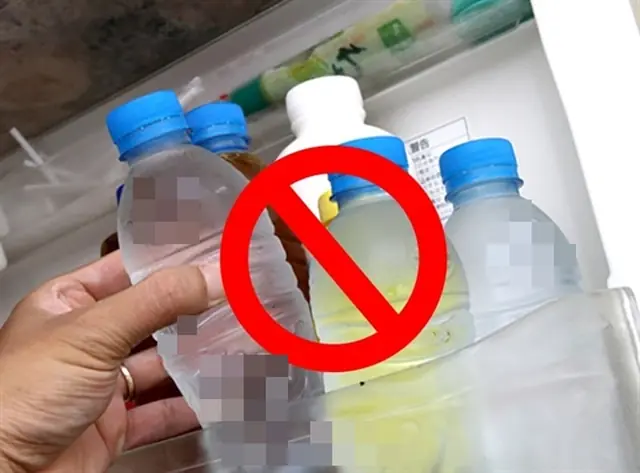
Stop using these bottles and containers for food storage
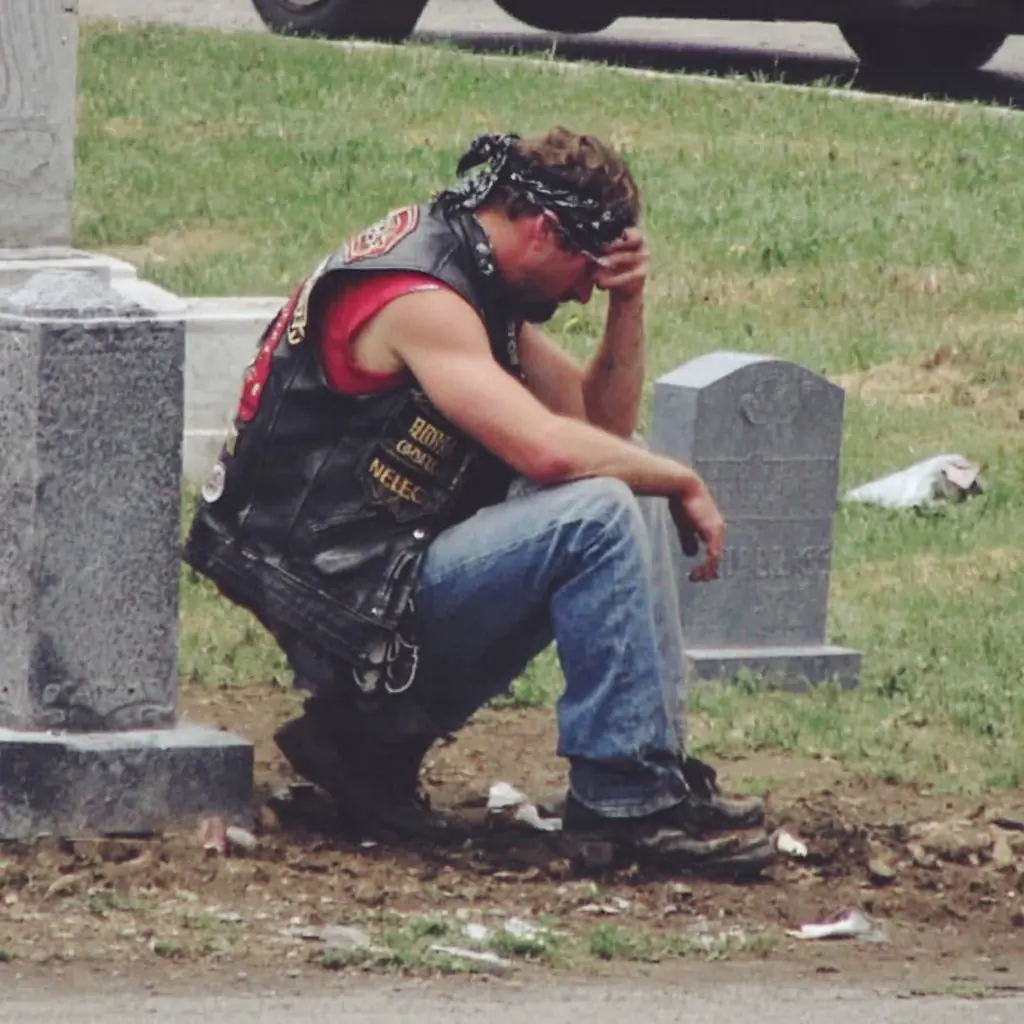
A Biker Showed Up At My Wife’s Grave Every Week And I Had No Idea Who He Was

Melania Trump’s Unwavering Support: Why She Remains With Donald Despite Everything

The doctor saw a man who d.i.ed years ago lying on the operating table
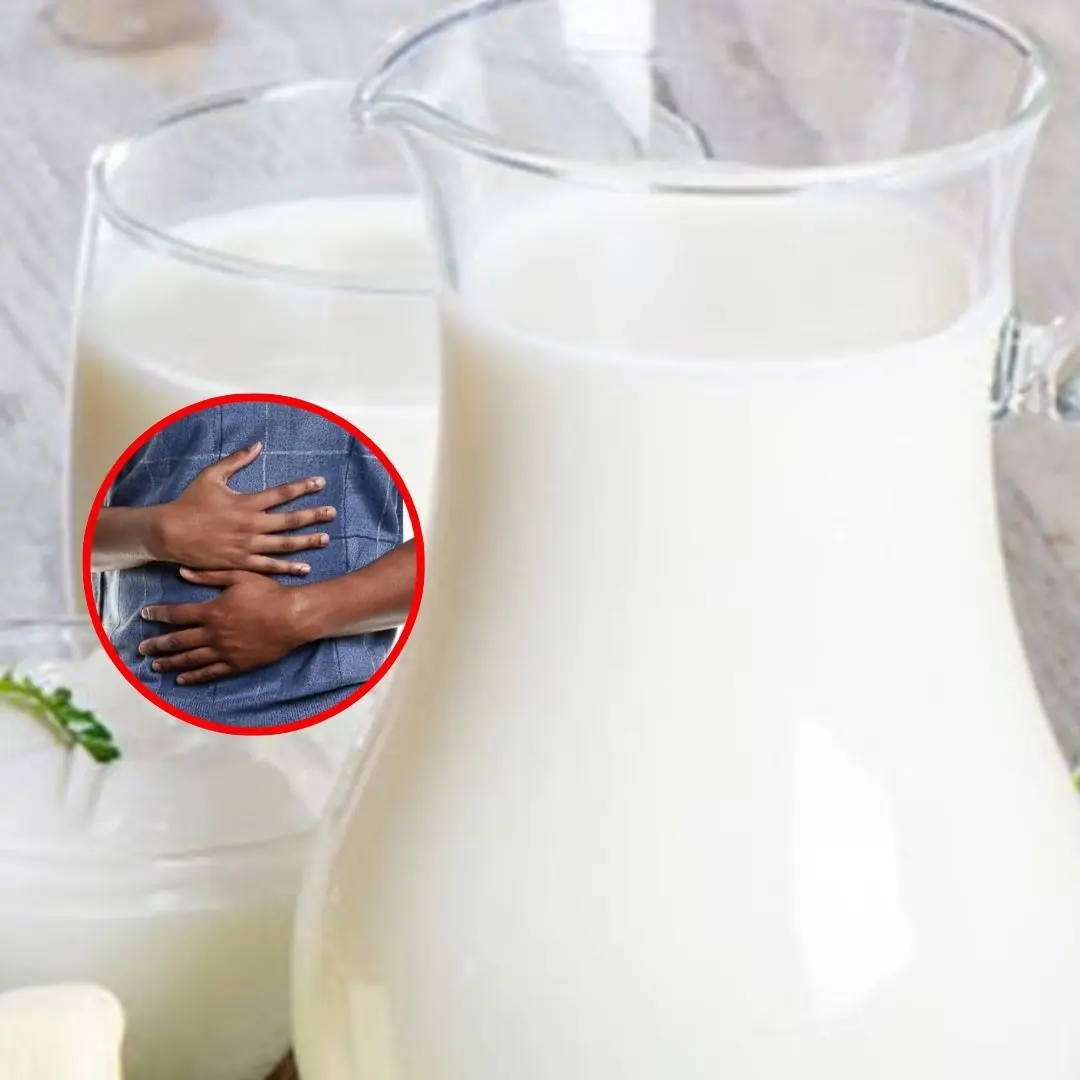
10 Foods You Should Never Eat on an Empty Stomach

Put 1 Glass of Salt in a Car: Surprising Hack Every Driver Needs to Know

My Grandson Made Me Sleep on the Yoga Mat Not to Pay for a Hotel, Less than 24 Hours Later Karma Hit Him Back

My Husband Wanted to Sell the House My Daughter Inherited to Pay for His Son's Wedding – But I Had One Condition

4 Types of Itching That May Signal Can.cer Cells Are “Eating Away” at the Body
